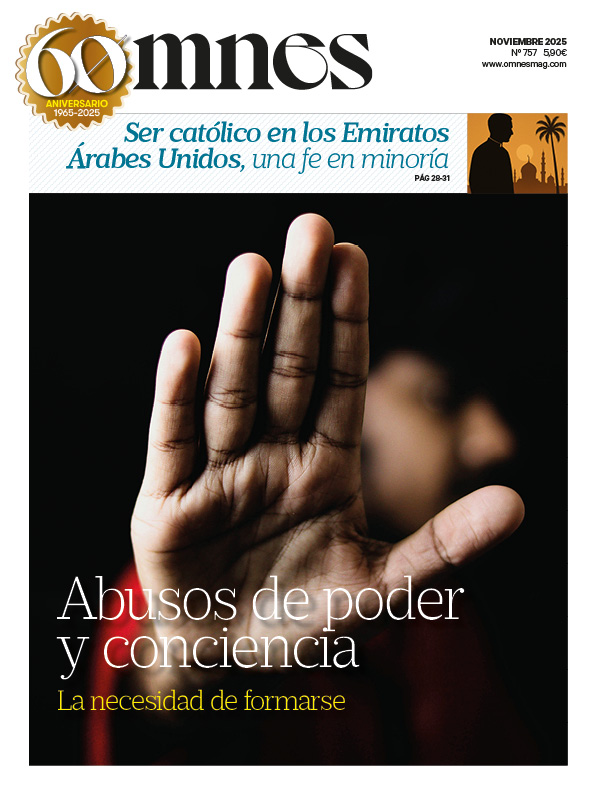Mutual trust and fidelity to the word given has traditionally relieved legislators of work. The handshake freed the parties from having to resort to judges and lawyers because everyone fulfilled their commitments without further requirements. Today, social relations have become more complicated, sometimes too complicated, due to the crisis of two very important aspects: fidelity and trust.
On the other hand, it is often necessary to specify truisms that have emerged from the social-political consensus, such as certain aspects relating to the right to life. In this field, there is the possibility for physicians to invoke the right to conscientious objection as a fundamental right, but there is a further step to be taken: the living will, an initiative of the patient requesting the avoidance of certain treatments involving his or her elimination.

The Spanish Episcopal Conference drew up a declaration of advance directives and advance directives so that, should we find ourselves at the end of our days, our wishes regarding the application of euthanasia would be taken into account. This document states that "if I should become seriously and incurably ill or suffer a serious, chronic and incapacitating illness or any other critical situation; that I be given basic care and appropriate treatment to alleviate pain and suffering; that I not be given aid in dying in any form, be it euthanasia or 'medically assisted suicide', nor that my dying process be unreasonably and abusively prolonged". In this document the person also asks for help to "assume my own death in a Christian and humane manner and for this purpose I request the presence of a Catholic priest and that the pertinent sacraments be administered to me".
Sometimes the procedures to enforce our will in the subject we are dealing with, are cumbersome and difficult to comply with. Therefore, from my archdiocese of Merida-Badajoz, we are maintaining contacts with the regional administration so that the will of the person does not remain only in a notarial document, but is included in the clinical history of each one. That way, when the time comes to know the patient's wishes, it will not be necessary to resort to "papers" deposited in notaries' offices or in places that are not always accessible at such critical moments. The healthcare professionals will have them available in the patient's medical record that they consult for medical care.
Since the medical record is the property of the patient, no objection can be raised. This system extends the freedom of the individual and frees health professionals from making difficult decisions, forced by law or by criteria alien to the patient himself. The issue can be exported to the rest of the country, since the powers in health matters have been transferred to the autonomous communities. Since we are talking about a matter of conscience, there should be no objection to this system, which is not against anyone but in favor of everyone.







